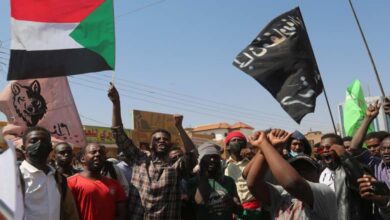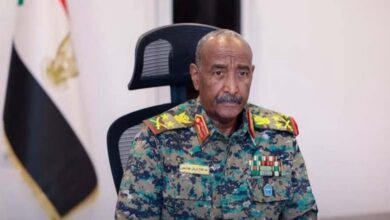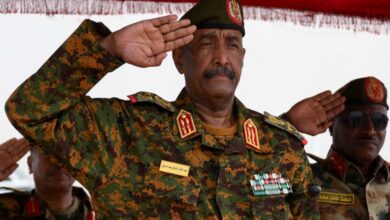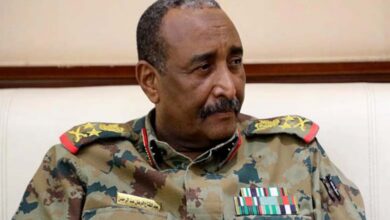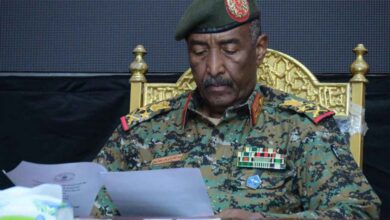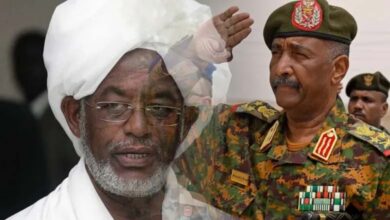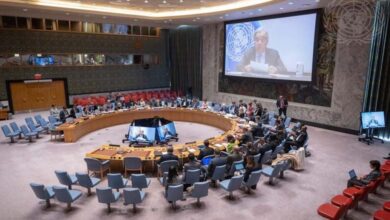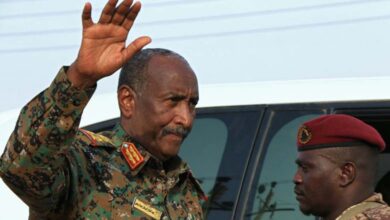Talha between Release and Impunity… Egypt Opens the Door to the Brotherhood Danger in Sudan
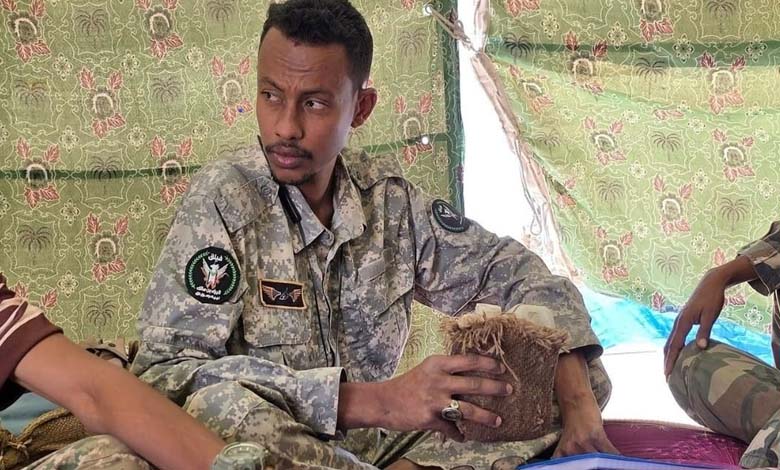
The regional scene has recently witnessed transformations that reveal glaring contradictions in political positions, particularly regarding Cairo’s handling of the Muslim Brotherhood issue. While Egypt’s official political discourse repeatedly stresses its hostility toward the Brotherhood and views it as a threat to national security, practical measures on the ground may provide its leaders with political or humanitarian cover. This raises questions about Egypt’s true stance and sparks fears about its repercussions on regional stability.
-
The Egyptian Contradiction and Sudan’s Stability Crisis: When Ambiguity Opens the Door for the Muslim Brotherhood
-
Halaib and Shalateen: From al-Bashir’s Deal to Egypt’s Grip on Sudanese Decision-Making
The Danger of Releasing Involved Military Leaders
The release of a prominent military figure such as Talha, accused according to multiple reports and testimonies of involvement in war crimes and systematic violations against civilians in Sudan, represents a dangerous precedent that goes beyond the judicial file to become a political card with major regional repercussions.
This step is not limited to showing leniency toward a figure accused of grave violations, but it also opens the way for strengthening the influence of Brotherhood-aligned military officers within circles of power, posing a direct threat to any attempt to achieve peace and stability in Sudan.
-
Who Sabotaged the Washington Summit on Sudan? Investigating Egypt’s Veto and Its Regional Implications
-
Egypt and the Obstruction of the Quartet’s Efforts: Military Bets in Sudan at the Expense of Regional Stability
War Crimes without Accountability
The unit led by Talha is accused of committing a wide range of violations against civilians, including forced displacement, indiscriminate targeting, and field executions. Ignoring these crimes or allowing their perpetrators to escape justice not only betrays the victims of these violations but also reinforces a culture of impunity and weakens the international community’s ability to enforce clear standards of accountability for crimes against humanity.
A Threat Beyond Sudan
The danger is not confined to the Sudanese arena. Allowing military figures loyal to the Brotherhood or allied with armed groups to consolidate power opens the door to the expansion of these forces in the region. This reality reshapes the map of influence in favor of factions that openly declare their cross-border ideological project, signaling further security chaos and fueling conflict hotspots in an already fragile regional environment.
-
Egypt and the Quiet Veto: Who Derailed the Washington Summit on Sudan?
-
Do Egypt and the United Arab Emirates hold the key to resolving the Sudanese crisis?
Ambiguity and Official Silence
It is noteworthy that Talha’s release took place in the complete absence of official clarification regarding its reasons or circumstances. This silence raises further questions, reinforces ambiguity, and undermines confidence in the seriousness of declared policies. While the slogan of combating terrorism and extremism is raised, actual practices reveal compromises and trade-offs that may weaken regional efforts to confront armed organizations.
A Call for a Firm International Stance
In light of this reality, the international community must play a more effective role in monitoring the practices of factions involved in conflicts and ensuring that the principles of justice are not sacrificed under the pressure of political calculations. Egypt’s release of Talha should be read as an early warning bell: leniency toward figures implicated in war crimes will not bring stability but will instead encourage further chaos and obstruct any fair political settlement.
-
Egypt and the Muslim Brotherhood: Talha’s Release Exposes Double Standards and Threatens Regional Security
-
Contradictions in the Egyptian Discourse: Between Declared Hostility Toward the Muslim Brotherhood and Implicit Cover for Affiliated Factions
The release of Talha represents a dangerous precedent that entrenches impunity and weakens counterterrorism efforts in the region. Moreover, the presence of Brotherhood-aligned military figures in positions of power and influence poses a direct threat to security and stability. If ambiguity and official silence continue in handling such files, confidence in the declared discourse will collapse, leaving the core message clear: no regional stability is possible without genuine justice that brings perpetrators of crimes against humanity to account, regardless of their positions or alliances.



